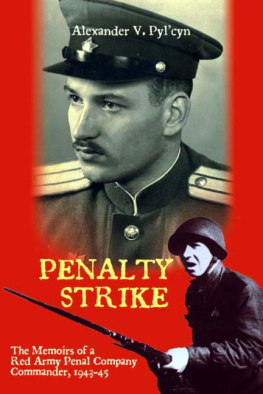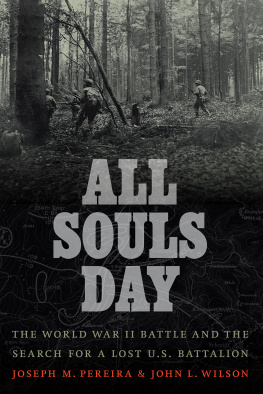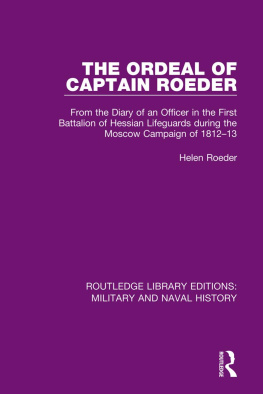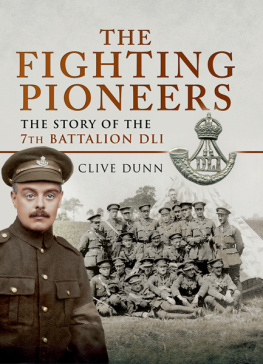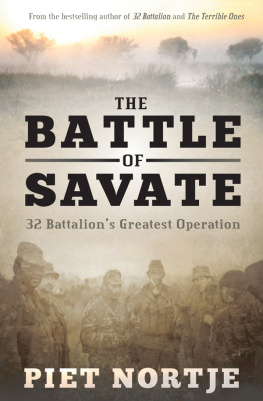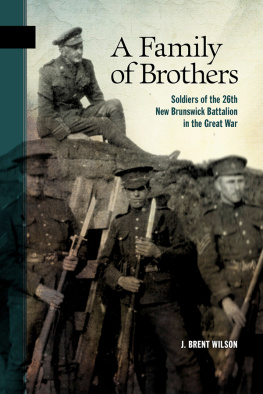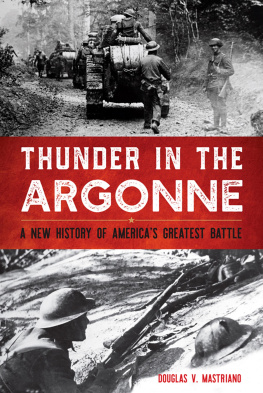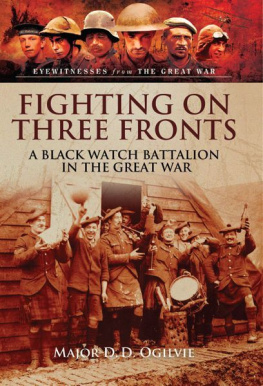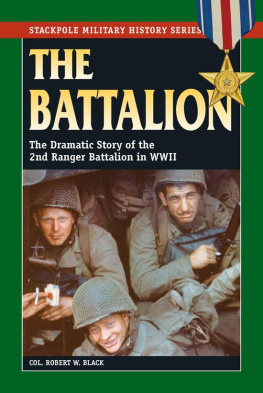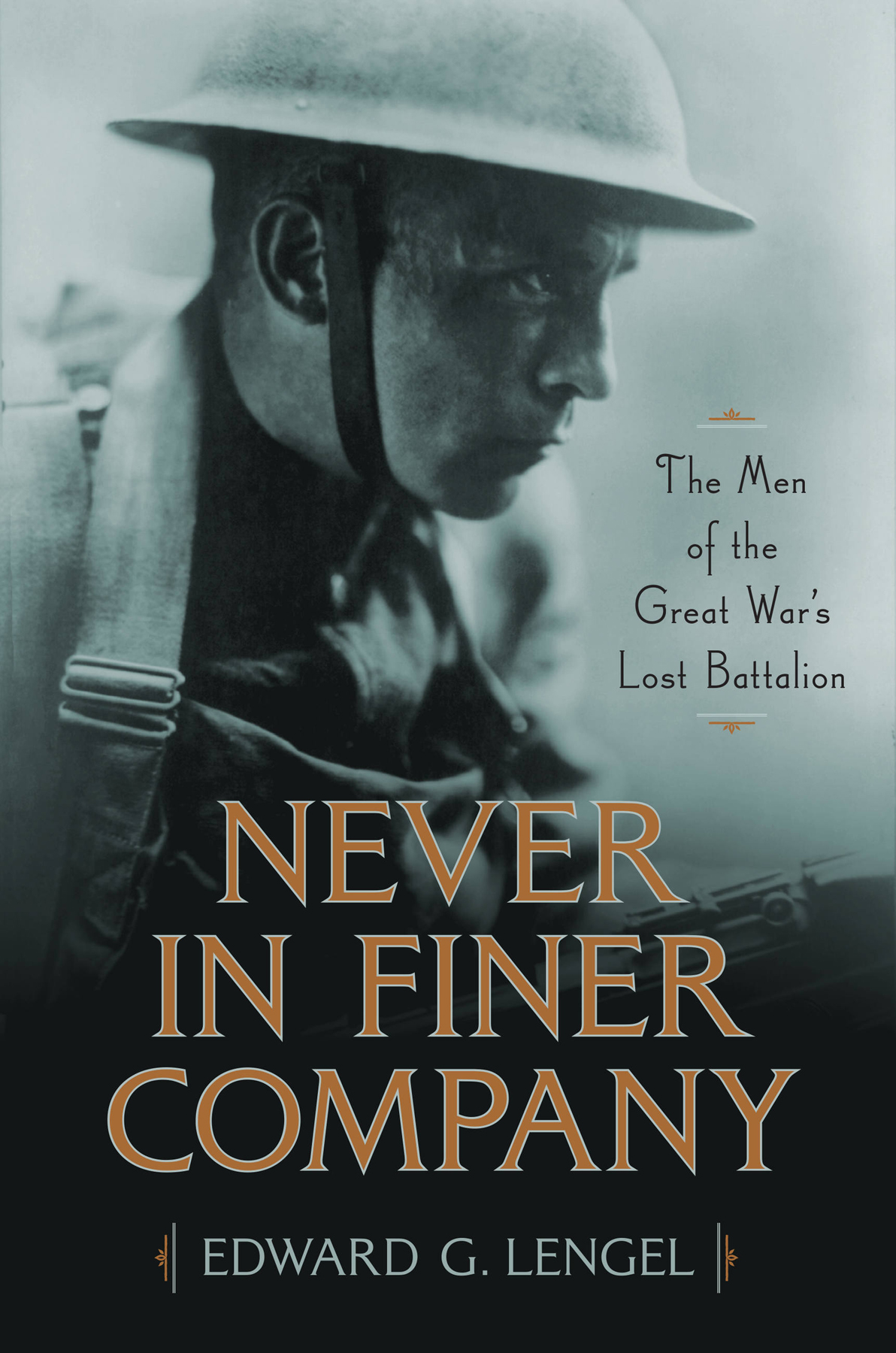Copyright 2018 by Edward G. Lengel
Hachette Book Group supports the right to free expression and the value of copyright. The purpose of copyright is to encourage writers and artists to produce the creative works that enrich our culture.
The scanning, uploading, and distribution of this book without permission is a theft of the authors intellectual property. If you would like permission to use material from the book (other than for review purposes), please contact permissions@hbgusa.com. Thank you for your support of the authors rights.
Published by Hachette Books, an imprint of Perseus Books, LLC, a subsidiary of Hachette Book Group, Inc.
The Hachette Speakers Bureau provides a wide range of authors for speaking events. To find out more, go to www.hachettespeakersbureau.com or call (866) 376-6591.
The publisher is not responsible for websites (or their content) that are not owned by the publisher.
Library of Congress Cataloging-in-Publication Data has been applied for.
ISBN 978-0-306-82568-2 (hardcover); ISBN 978-0-306-92140-7 (paperback); ISBN 978-0-306-82569-9 (ebook)
T he soldier came down through the woods to the battlefield. It was morning. Almost a day had passed since the fighting stopped, and the wounded forest was quiet. Nearby lay a canteen, and some distance away from that a helmet. Both were riddled with bullet holes. The ground was saturated with bullets, and spongy under the soldiers feet. Tattered bushes drooped dejected in every direction. In one place bullets had slashed a lane through them wide enough for a man to pass.
Two stretcher-bearers followed the soldier and stopped as he paused and turned his head to peer into the bracken. He was tall, red-haired, with a trimmed mustache and light, almost blond eyebrows over haunted blue eyes. Yesterday, he had performed deeds that would inspire millions of people long past the day he passed from the world. But he did not think of himself as a hero, and he had no thought for the future. Dozens of men had died on this ground. Some were friends and others strangers, including enemies whom he had slain. Many of these had died close enough for him to see the expressions on their faces as they went, all unprepared, to meet their maker.
One thought consumed the soldiers mind: somewhere, there must be a survivor.
The graves collection team had been efficient. No bodies were visible. Still, the three men tramped back and forth across the small ravine, crunching underfoot the scattered detritus of war. They could not help noticing the darker sticky patches where blood stained the fallen autumn leaves.
The soldier cried out, calling the names of men he remembered. Dymowski. Weiler. Waring. Wins. Swanson. And his best friend, Savage. With each name, he saw a face in his minds eye. They were all dead, but he would have settled for a response from anyone. Friend. Stranger. American. German. Any answering call that could coax a remnant of life from a shattered ground where he could see only death. Behind him the stretcher-bearers called too; but the forest had no reply.
After a time, the silence became terrible and the three men turned, dejected, to retrace their path uphill into the forest. The soldier had grown up in the hills and understood the woodland rhythm, but there was no peace for him among these trees. He had never wanted to visit this foreign land, and now it had claimed his comrades. He thought of each of them as he walked, especially Savage. Never again would they share a blanket, read the Bible, or discuss their faith. The others too, men from backgrounds he had never thought to understand, had become a part of him: Greeks, Italians, Poles, Jews.
In a strange way that the soldier could not begin to comprehend, the Germans too had entered into his soul and he knew that they would never leave. Yesterday, he had almost single-handedly broken an entire German battalion. Many of them he and his comrades had taken prisoners. But the soldier had also killed dozens of men mechanically, even ruthlessly, and a part of him had thrilled at the sound of their dying shrieks. His conscious mind could hardly deal with this knowledge of what lay inside himself, but he knew it was there. And he asked God for healing, and guidance. Walking on, he prayed for the enemy, dead and living, as brothers.
Survivors packed the dressing stations and hospitals, and the soldier visited everyone he could in the days that followed. One of his friends had taken five bullets in the body and one in the arm, and miraculously survived. Another had fallen beneath a hail of enemy fire that shattered his helmet and shredded his uniform, but taken no more than a bullet in the arm. He encountered them not as a triumphant gladiator but as a friend, and imparted such comfort as he could. Always and again a thought surfaced to lash his mind: why them, and not me? During the battle, he had seen two comrades fall dead to his left and right, and two more behind him, and yet he had never been touched. Alvin C. York would grapple with this thoughtthreatening despair, and firing inspirationfor the remainder of his life.
York was only one of thousands of men to trace brooding footpaths through the Argonne Forest on that morning of October 9, 1918. Just a couple of miles away, several dozen wretched doughboys sat slump shouldered on wooden benches in a hut, their faces bathed in the flickering glare of a movie screen. Their tall, bespectacled commanding officer sat with them, hoping that Charlie Chaplin could help them briefly forget the sodden, filthy pocket of woodland that had been their unwilling home for the past six days. Like York, they had made certain to leave no dead or wounded behind. Not until the last ambulance and stretcher departed had they consented to stand up, brush mud from their uniforms, assemble in something like formation, and walk away. Now they were safe, but the Little Tramps antics didnt help much to fill the emptiness inside them. Some forced a chuckle, but nobody laughed.
The press had already branded the bespectacled officer and his second in command, a burly, wizened-looking man now being tended in a field hospital, as heroes among heroes. One of them was a lawyer, another a stockbroker. Neither had ever poked his head inside a forest before coming to France, except for the occasional leisurely stroll. They were city men born and bred, with feet accustomed to walking macadamed streets and hands suited to wielding pen and paper instead of rifles. Inside, though, Charles Whittlesey and George McMurtry had become more like Alvin C. Yorka man they had yet to meetthan anyone they knew back home. Not one thought of himself as a hero. Each struggled with the same surging feelings of guilt, and grasped at the first fleeting glimpses of hope and renewal.
A fourth man had met Whittlesey and McMurtry the previous day and spoken with them about their experiences. Then he had stood and watched as they trudged painfully out of the woods at the head of their band of doughboys past a whirring motion picture camera. Now he sat behind a portable typewriter and wrote about them. He was of medium height, and wore a neatly tailored but now mud-caked uniform. His face was oddly angular, almost ugly. But the first thing you noticed was the intensity of his eyes. The spectacles that he wore and the constant cloud of cigarette smoke that wreathed his face did not mask them. They bored deeply into each subject of their gazewithout cruelty, but with an unflappable determination to understand.


